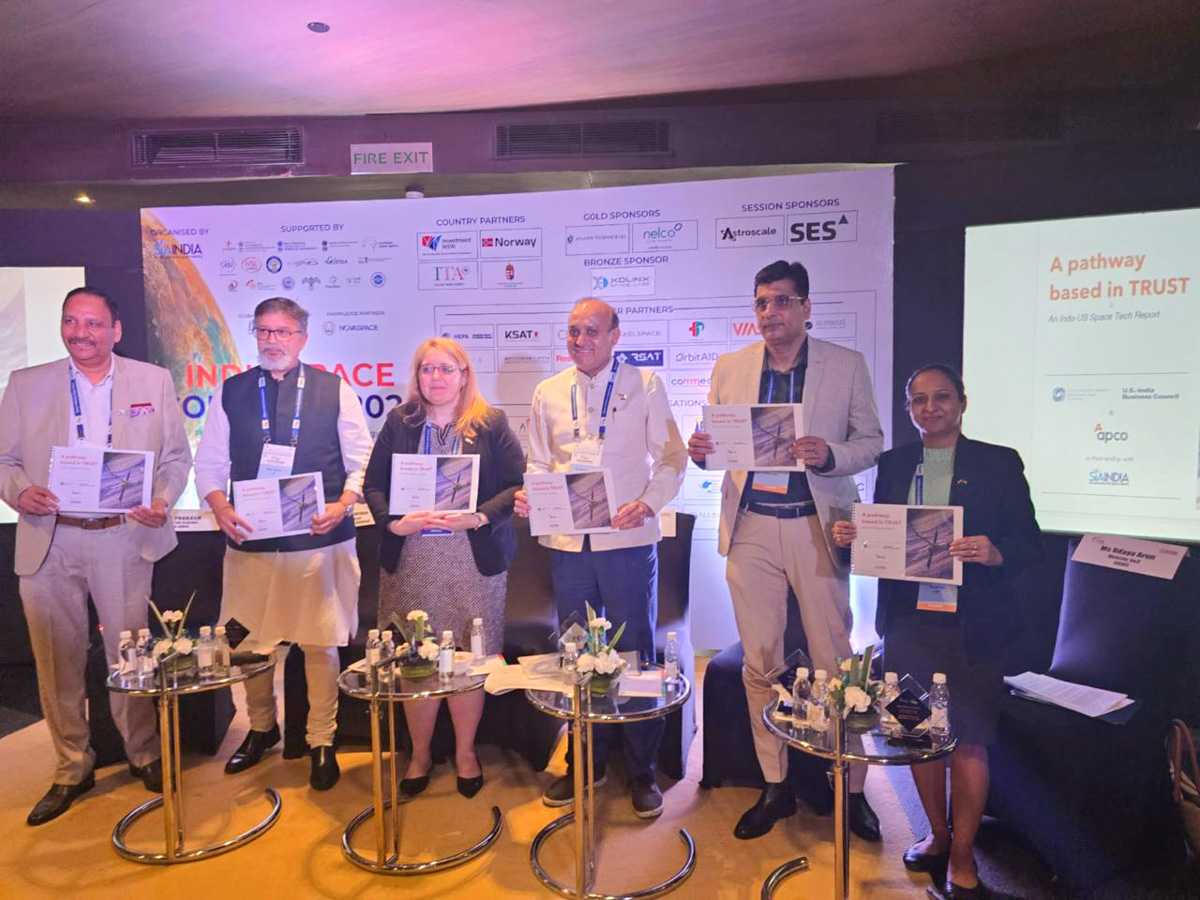

2020 was slated to be many things: a referendum on or reaffirmation of the Trump Administration; a pivotal year in the fight against climate change; and a once-in-a-millennium opportunity for optometrists to use the hashtag #2020vision.
Everything we expected 2020 to be has taken a backseat—rightfully so—in the face of COVID-19, and that includes the comfortably familiar election year frenzy. Gone are the raucous campaign rallies, the waves of fervent campaign supporters canvassing their communities and the long voting lines for hotly contested primaries—unless you’re a Wisconsinite.
COVID-19 has forced the 2020 campaigns—much less our connections with friends and family—into virtual mode for the foreseeable future. Campaign rallies have been replaced by campaign podcasts—the second episode of Joe Biden’s “Here’s The Deal” aired on April 3, as the Democratic frontrunner talked with Michigan Governor Gretchen Whitmer about her administration’s efforts to combat COVID-19.
Community organizers and campaign staffers who spent past years going door-to-door to stump for their candidate now use peer-to-peer texting tools to garner support. Once recipients open the proverbial door and respond to a stock message sent to hundreds of thousands of people via vast online databases and voter files, staffers can quickly respond and make their personal sales pitch. Town halls in small towns across America are now being held on Facebook Live, as candidates at every level of government try to connect with voters and constituents.
In many ways, this transition to virtual campaign mode has been a long time coming. President Trump’s 2016 presidential campaign was built on the strength of his campaign’s digital targeting, not his ground game. Now, we’re in an era of rampant misinformation online where both sides of the aisle use bots and digital propaganda to run highly targeted, subversive campaigns built to fuel the fire of grassroots armies of social media activists loyal to the cause. While various platforms have varied significantly in their responses to the onslaught of political advertising, most are playing losing games of Whack-A-Mole in the face of an endless stream of fake accounts.
My colleague Nicole Monge recently wrote about how the spread of disinformation on social media has contributed to conspiracy theories and mass hysteria in the face of the COVID-19 pandemic—forcing us to contend with an “infodemic” on top of everything else, as the paradigm shift towards digital communications goes into hyper-drive. The challenges this presents for candidates and voters alike are myriad. Candidates struggle to foster connections with voters via virtual experiences which are inherently met with engendered distrust. Candidates also no longer have the benefit of a rousing crowd to gauge their support; likewise, voters miss out on opportunities to directly challenge and put candidates on the spot as they grapple with the logistics of virtual town halls.
But in these challenges lies a seminal opportunity for some companies. Social media companies, for example, have been significant surges in usership, particularly in countries hit hardest by the pandemic. Meanwhile, many companies are largely unable to capitalize on these increases in usership, as people around the world forgo online shopping to focus on what’s important: staying safe and healthy, and riding out this unprecedented pandemic in the comfort of their homes.
So inasmuch as there is great potential for the spread of disinformation, the inverse relationship between usership and advertising has also created an online landscape that is decidedly unclouded by the pair of shoes following us around on every page we visit. It’s a landscape wherein users around the world are looking for authenticity, transparency, actionable information and, perhaps more than anything, hope.
2020 certainly isn’t the election year we expected. But the COVID-19 pandemic has presented candidates and elected officials with the opportunity to fill the void in human contact created by the crisis with authentic virtual communications that foster connections, arm individuals with the information they need to stay safe and healthy, look through the chaos of misinformation on social media, and combat the spread of disinformation aimed at political gain. In the meantime, this crisis serves as a constant reminder to all of us that there’s no place like home.


